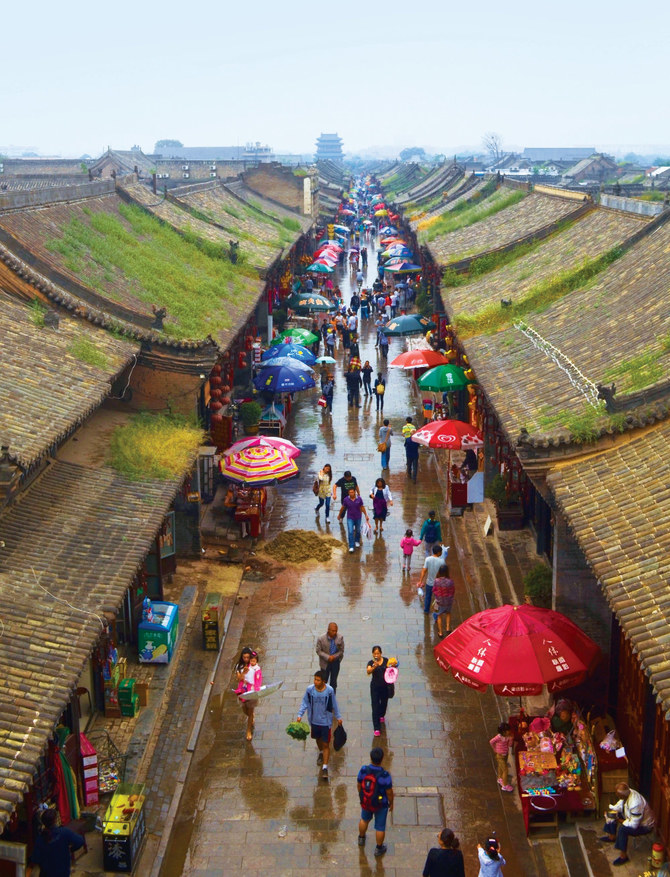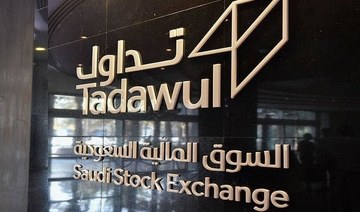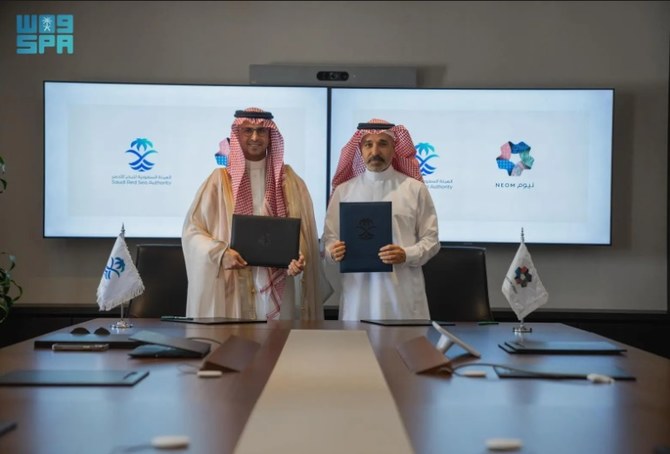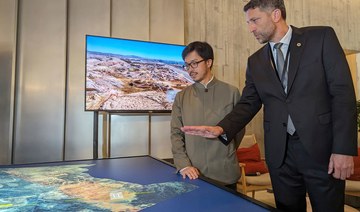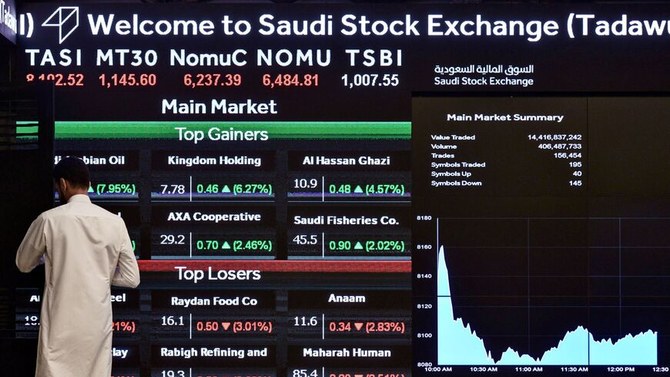RIYADH: China’s ambassador to Saudi Arabia, Chen Weiqing, has highlighted the importance of Saudi Arabia hosting the G20 for the first time, saying: “Arab states are an important part of the international community, and the Kingdom has great international and regional influence as the only Arab member of the G20.”
Weiqing said China appreciates the important role the Kingdom plays in international affairs and global governance as the G20 presidency, as well as the job it has done coordinating the international fight against COVID-19 and stabilizing the global economy.
“We are willing to enhance cooperation between China and the Kingdom and work with the Arab states to step up dialogue, strengthen strategic synergy, carry out trilateral and multilateral cooperation to build the China-Arab community with a shared future and achieve common development,” Weiqing told Arab News.
He said that in a time of globalization, countries are unified and share a common destiny, while traditional and non-traditional security issues are constantly bringing new challenges.
“The COVID-19 pandemic has brought unprecedented challenges to the world, making us realize that global governance, especially the problems and weaknesses in public health, requires concerted efforts of the international community.”
Weiqing stressed the importance of the economy as a platform for global crisis response and economic governance.
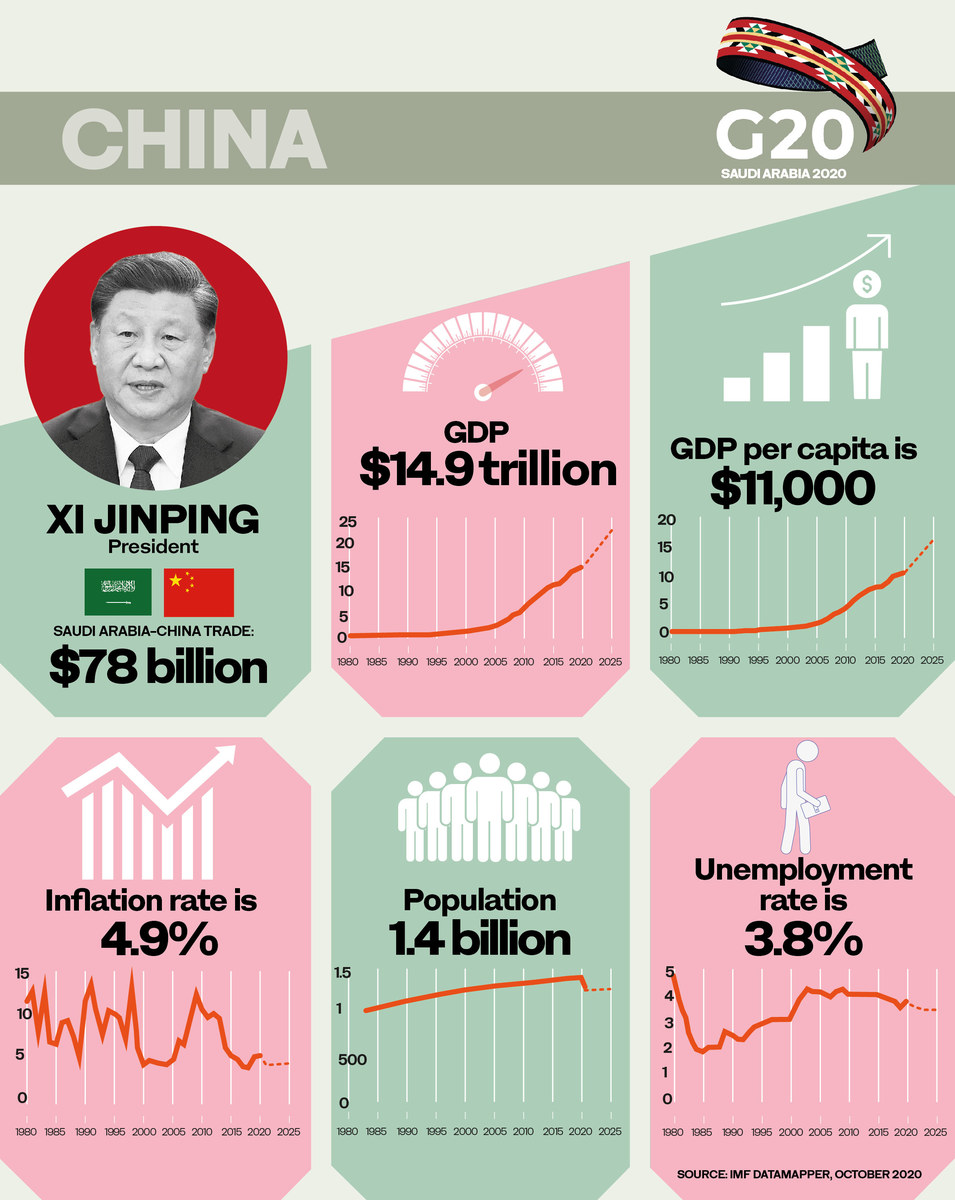
“G20 members bring together major developed economies and emerging market economies, accounting approximately for two-thirds of the world’s population, 86 percent of global gross domestic product and 80 percent of global trade. As for public governance, the G20 should reflect global coordination capacity.
“Under the current circumstances, the G20 Riyadh Summit, which is of special significance, shoulders the important mission of leading the world out of the haze of the pandemic at an early date and achieving inclusive, balanced, and sustainable development for economy and society.”
Weiqing highlighted the Kingdom’s efforts in leading the G20 this year, especially through the global pandemic.
“Since the beginning of this year, the G20 has held more than 100 ministerial meetings and working group meetings, conducted in-depth discussions among member countries on issues such as protecting life and health and restoring economic growth, and taken unprecedented actions promptly.
“We appreciate the Kingdom’s highly responsible attitude as well as its professional and efficient organization and coordination work as the G20 presidency,” he added.
Weiqing expects that the G20 Riyadh Summit will reach a series of outcomes that will combine international efforts to fight COVID-19 with promoting world economic recovery.
He said that the summit “will send a signal of solidarity and cooperation to the world, reiterate our solemn commitment to upholding multilateralism and economic globalization, advocate our spirit of extensive consultation, joint contribution, and shared benefits, work together to advance global governance in the post-pandemic era and jointly build a community with a shared future for mankind, achieve common development and prosperity and realize opportunities of the 21st century of all.”

China’s ambassador to Saudi Arabia, Chen Weiqing
The envoy said the summit’s agendas are in line with the current trend of world development and the opportunities and challenges faced by all countries. “They also provide a clear path for strengthening democracy in international relations and global governance.”
Empowering people, safeguarding the planet and shaping new frontiers that are part of the agenda are very important, he added.
“Women and youth are important parts of a country’s economy and society, and Saudi Arabia is a country in which youth make up a dominant proportion of the population. The Custodian of Two Holy Mosques, King Salman, said: ‘Women are half of society.’ His words agree with the Beijing Declaration of the Fourth World Conference on Women 25 years ago.”
On the topic of safeguarding the planet, Weiqing said that all countries are increasingly becoming a community with a shared future. “We hope to work with all parties to build an open, inclusive, clean and beautiful world that enjoys lasting peace, universal security and common prosperity.”
The envoy said that the Kingdom has shaped new frontiers by hosting the Future Investment Initiative Conference and the Global AI Summit. “Saudi Arabia is committed to achieving sustainable development through innovation and diversification, reflecting the strategic and forward-looking nature of the Saudi Vision 2030.
“China and the Kingdom have broad and in-depth consensus on the main topics of this summit. The three agendas above point out the direction of realizing sustainable economic and social development, and provide solutions to the common difficulties faced by human society,” he added.
While the global economy is beginning to recover, it is recovering unevenly, Weiqing said.
He warned that the world is witnessing rising unilateralism, protectionism, huge uncertainty and increasing downside risks. To face these challenges G20 members should work together to lead the recovery of the global economy.
“First, we should deepen our cooperation to keep global industrial and supply chains stable and unimpeded. We should also support developing countries and the least developed countries to build a global community of health for all.
FASTFACT
6.11%
China’s GDP growth rate for 2019 was 6.11%, a 0.64% decline from 2018.
“Second, we should stand firm to safeguard multilateral trading system, support multilateralism and oppose protectionism and unilateralism, thus upholding WTO’s core values and basic principles.
“Third, we should implement the consensus of all parties to promote trade and investment liberalization and facilitation, injecting new drive to global economic growth,” he said.
Weiqing said that the pandemic has hit the labor market, especially for young people, women and the disabled. At the same time, new industries and business forms supported by the digital economy, AI and telecommuting are growing rapidly, creating new industries and jobs.
“We call on all parties to increase dialogue and consultation to safeguard stable global industrial and supply chains, and make joint efforts to create new business forms and jobs, in a bid to stabilize the global labor market.”
Weiqing said that China and Saudi Arabia are good partners in building a new type of international relations, an open world economy, and a peaceful development environment among regions. “We two countries have maintained long-term sound coordination and cooperation on major regional and international affairs,” he said.
“The two countries work together in the fight against COVID-19, which has strengthened bilateral relations under a common bond. Bilateral cooperation has not been stopped due to the pandemic but expanded in new areas such as health care and geological survey, based on cooperation in traditional areas such as energy.”
Weiqing said China appreciates the G20’s important role in and contribution to building international consensus, solidarity against COVID-19 and promoting world economic recovery under the coordination of the G20 Saudi presidency.
“We look forward to working with G20 members to play a leading role in global governance, uphold economic globalization and the international multilateral system, support international organizations, such as the UN and the World Health Organization (WHO), to play a major role, improve policy tools, strengthen the surveillance of pandemic and economic risks, and enhance our capacity to respond to crises.”
Weiqing said that this year’s summit is a historical event that “demonstrates an image of a confident, inclusive, open and prosperous Kingdom to the international community.”
He added: “We believe that under the leadership of King Salman and Crown Prince Mohammed bin Salman the Kingdom will continue to make progress as the outcomes of the summit are implemented and Saudi Vision 2030 is promoted.”



